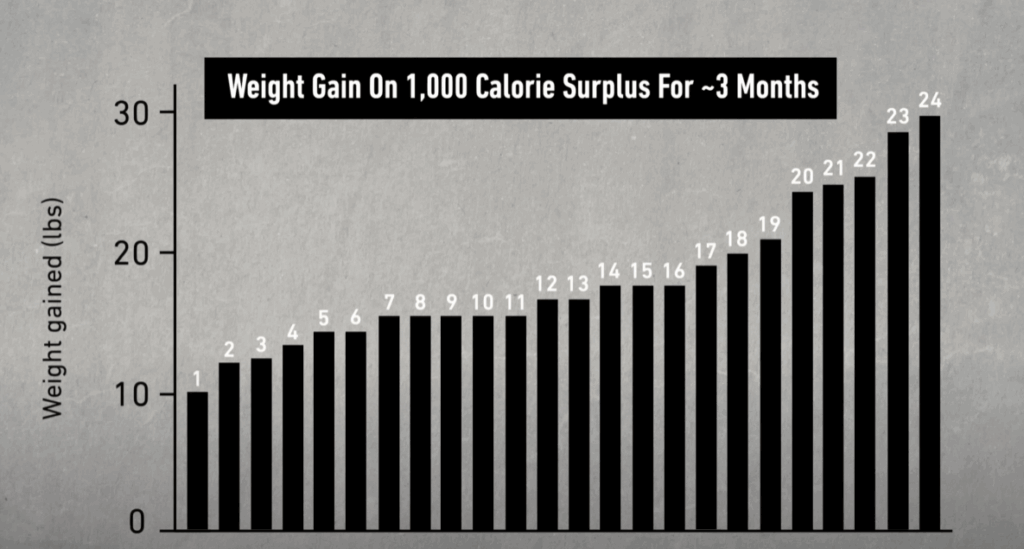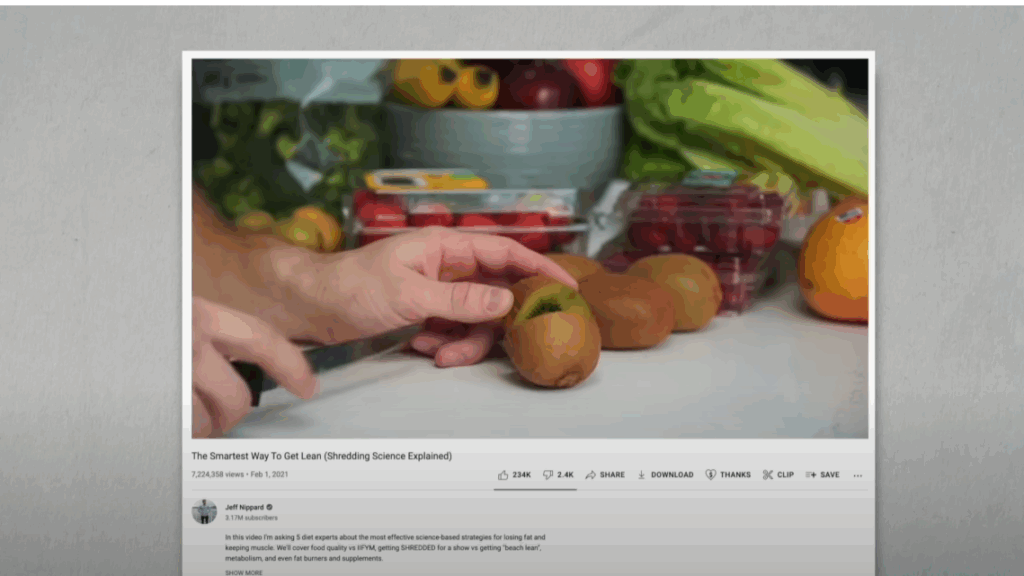Is Obesity Really a Choice? A Closer Look at What Science and Real Life Say
The question of whether obesity is a personal choice is far more complicated than many people think. It’s tempting to believe that being overweight is simply a result of poor decisions—that someone looked at two options and deliberately chose the path that leads to excess weight. But that black-and-white view doesn’t reflect the complexity of human physiology, psychology, or environment.

Let’s break this down.
Oversimplifying the Obesity Debate
Imagine if each person had to push a button labeled “Obese” or “Not Obese.” Would anyone voluntarily choose the first one? Highly unlikely. Most people understand that obesity increases health risks and social stigmas. If the process were that simple, we wouldn’t be seeing obesity rates climbing worldwide.
More realistically, weight gain occurs over time as a result of countless small decisions—what to eat, how much to move, when to sleep, and more. These decisions are influenced by far more than just willpower. Biology, lifestyle, and external environment all interact in complex ways.
Individual Variability in Weight Gain
In one controlled study, researchers overfed participants by 1,000 calories per day for over three months. Every subject ate the same surplus, but their weight gain varied significantly—from as little as 10 pounds to over 30 pounds. Why such a wide gap? A big part of the answer lies in genetics, particularly metabolic differences.
Some individuals naturally burn more calories at rest than others. One person’s body might use up 150 extra calories daily compared to what predictive equations estimate, while another might burn 250 fewer. That’s a 400-calorie swing without any activity whatsoever—equivalent to the difference between small and supersized fries at a fast food restaurant.
So, when two people make the same food choice, their bodies might respond very differently. One may maintain their weight effortlessly, while the other gradually gains fat over time—through no conscious fault of their own.

The Hidden Role of Non-Exercise Movement (NEAT)
There’s more to calorie burn than resting metabolism and workouts. A concept called Non-Exercise Activity Thermogenesis (NEAT) describes the energy used for daily movements that aren’t formal exercise—things like fidgeting, walking to the kitchen, or tapping your feet.
NEAT levels differ wildly among people, and much of it is subconsciously regulated by the brain. In one study, subjects who were overfed 1,000 calories per day for two months saw NEAT changes ranging from minus 98 to plus 692 calories per day. One person subconsciously moved more and burned off most of the surplus. Another actually became less active despite the extra intake.
This shows that some bodies adapt to overeating by increasing calorie burn, while others don’t—and in some cases, even reduce movement. Again, this isn’t necessarily something people control.
Hunger Is Not Created Equal
Another underappreciated factor is hunger. Some people experience intense cravings even after eating a full meal, while others feel comfortably full. A study comparing high-fat and low-fat meals found that, although both suppressed hunger on average, individual responses varied dramatically. Some participants still felt hungry after eating, while others felt totally satisfied.
If someone’s natural hunger cues keep telling them to eat more—even after adequate meals—it’s significantly harder for them to maintain or lose weight. This makes dietary discipline far more challenging for some than others.
The Influence of Medications, Hormones, and Life Events
Biological and medical factors further complicate the obesity picture. Certain medications can increase appetite or water retention. Hormonal shifts during pregnancy, menopause, or due to thyroid disorders can affect metabolism and fat storage. Injuries or physical limitations may restrict movement, lowering calorie burn from daily activity.
So while it’s technically true that consistent overeating causes fat gain, the difficulty of avoiding that surplus isn’t the same for everyone.

The Environment Has Changed
If obesity were purely about personal choices, why did rates begin to rise sharply in the 1970s? Did people suddenly lose discipline? Not quite. What really changed was the environment.
Highly processed, calorie-dense foods became cheaper and more widely available. Aggressive marketing made them even more appealing. Portion sizes grew. Fast food became a daily norm rather than a rare treat.
For lower-income individuals, affordability and access to healthy food also became a problem. It’s hard to make “good” dietary decisions when nutritious options are either too expensive or unavailable in your area.
Social and Psychological Influences
Family habits and cultural norms also play a role. If you grow up in a household where fast food is the norm and physical activity isn’t encouraged, your baseline behavior is already skewed toward weight gain.
Then there’s sleep. Many studies link poor sleep with increased obesity risk. A 2019 meta-analysis showed that people who consistently sleep less than 7 hours per night are at a higher risk of gaining weight. But for many—especially shift workers or parents—more sleep isn’t a simple option.
Mental health matters too. Stress and depression both correlate with weight gain. In times of emotional struggle, many people turn to food for comfort, leading to patterns of overeating.
So, Is Obesity a Choice?
Given all these factors—genetics, metabolism, hunger cues, medication, social environment, and mental health—it’s overly simplistic to claim that obesity is purely a matter of choice. For many, maintaining a healthy weight is like swimming against the current. The effort required is massive, and not everyone has the same capacity or circumstances.
That doesn’t mean change is impossible. A calorie deficit still leads to weight loss. But the road to achieving and sustaining that deficit looks very different depending on the person. What works for one may not work for another, and expecting the same results from identical strategies is unrealistic.
A Compassionate Path Forward
Rather than blaming individuals for their weight, a more productive approach is offering empathy and support. Recognize the real biological and social hurdles people face. Help them find strategies that work within their unique context—whether that’s adjusting diet, increasing movement, managing stress, or improving sleep quality.
Obesity isn’t a simple button you press. It’s the outcome of a web of choices, biology, and environment—many of which are beyond conscious control. The better we understand that, the more effective we’ll be in helping others achieve better health, one sustainable change at a time.



